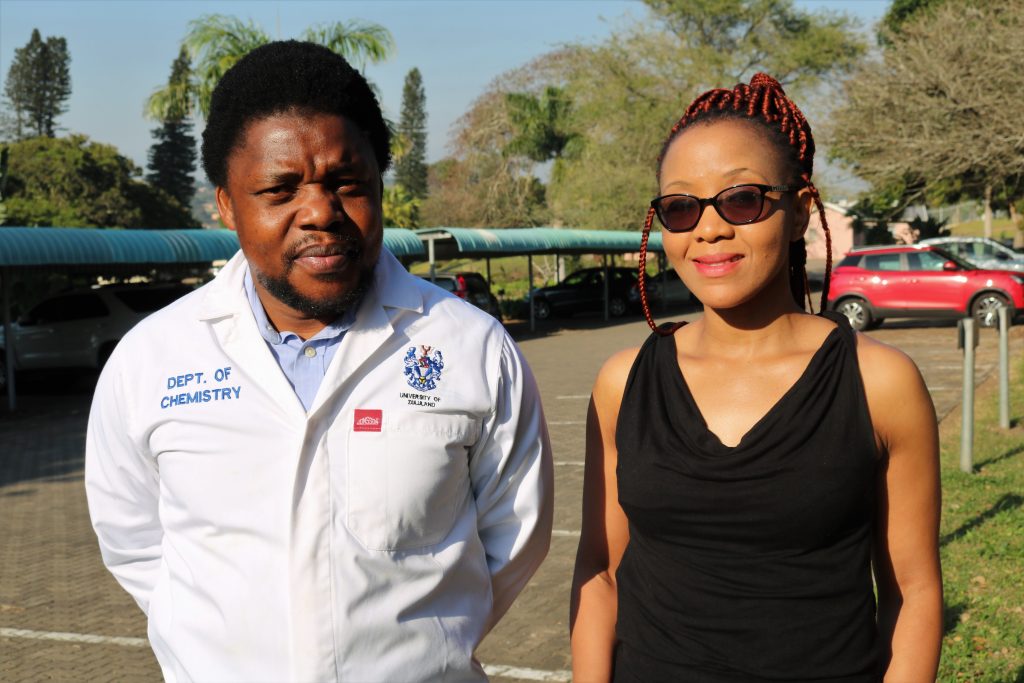
Two academics from the Department of Chemistry at the University of Zululand (UNIZULU) have published an academic book that analyses the current waste management challenges in the country and proposes potential solutions that can have a positive spin for the construction industry.
Waste-to-Profit Volume 2 was published last month (June) and is authored by Dr Linda Linganiso and Professor Tshwafo Motaung. It is a continuation of the first volume which Dr Linganiso authored. The first volume, published in March 2018, investigated the various methods of adding value to waste products in order to generate wealth for a sustainable economy. It also highlighted the then policies and regulations to fast-track the development of new technologies for bio-projects in the countries of focus while also discussing opportunities, barriers and policy implications.
The second volume, as Prof Motaung describes it, is a summation of research and literature review conducted by the two authors in the area of waste management. It suggests ways of bridging the gap between waste management and the construction sector by discussing the potential methods of recycling the increasing volumes of solid waste into construction products that can be in demand both locally and internationally. In so doing, a circular economy could be created in the construction industry.
“The South African economy is generally linear, hence most solid products post usage become a pile of waste- be it organic or not. Once it becomes waste, very little is attempted to manage it yet there are some potential opportunities to add value to the waste. The recommendations in the book support the internationally adopted program of a circular economy in the construction sector. The book is exploring the possible solutions and it goes on to encourage entrepreneurism in the waste stream. It also supports the transition to a low carbon economy. Different types of materials which can be produced from the construction wastes are indicated including processes which are used to obtain the final products,” Prof Motaung explained.
According to Dr Linganiso, now is a critical time to counteract the effects of waste on the environment. The rise in the global population has led to global plastic waste generation of 6,9 billion metric tons on landfill sites. These waste materials result in harmful gases such as methane and carbon dioxide being released in the atmosphere leading to global warming and acid rain.
“South Africa’s biggest problem right now is the shortage of landfill sites. Municipalities also experience challenges as they need to go farther to dump waste materials. This means incurring more costs. To mitigate these challenges and establish sustainable recycling business systems in the country, South Africans must embrace a learning society where the communities are well equipped, trained and educated to separate waste at source (homes) and be encouraged to recycle waste and separate recyclables from non-recyclables to protect the environment. Keeping the environment clean is everyone’s responsibility,” Dr Linganiso said.
The book targets a wide range of groups which include academics, construction sectors, municipalities, research councils, industries and entrepreneurs. “It challenges these groups to think differently and creatively about waste management, see which waste materials are useful and which stakeholders they should approach so that they don’t see their by-products as waste but see them as a potential link to closing the loop of the economy so that it can circulate,” Prof Motaung said.
- Naledi Hlefane
Caption
Dr Zikhona Linganiso and Professor Tshwafo Motaung.
